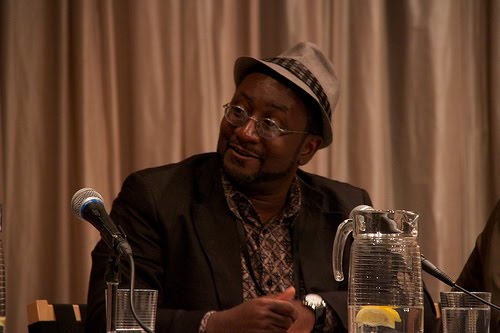Q: How do you know when your book is done and you can send it to the publishers?
A: I used to know how to answer this question, and I think that I actually did on an earlier blog--but since I just finished my latest novel, whose title changes each time the sun rises--I am going to tell you that writing gives me a high, maybe not as great as gambling, but pretty dang close. Here's what happened.
I finished the book a couple weeks ago and started reading it for magic--now magic is what happens when you start making connections between the parts of what you have written, seeing echoes and allusions and themes that you hadn't planned but that are much truer and more real than the ones you had planned.
When this happens, I sit there and think, "Is there someone up there writing this book for me? Leading me to these connections? What is going on here? The book seems to be writing itself. This new idea is soooooo good--how come I didn't PLAN for this in the first place?"
Then when I look at other books and stories that I have written, I do a quick survey of those magical things that happened without my planning for them to have happened. They are usually the BEST parts of the story. In fact, they are the things that people remember most--and I stumbled upon them last. Thank god.
Now I don't want to explain away the rainbow, but I think what happens in my case is that when my stories are finally written down in a completed form on the page, I can begin to read them critically and objectively, and so my mind is actively, though subconsciously, seeking theme and mystical coincidence.
Theme is what the story is (consistently) about--the deep meaning as your high school teachers used to say.
Mystical coincidences are the most fun. They are those moments that resonate with other parts of the story and make you say, "Wow, that is so true," or "He got just what he deserved," or "Thank god she came to his rescue--I was hoping and praying that she would." They are like punchlines to jokes that you didn't know you were even telling. You set them up in the reader's mind, but if you don't go back and become a reader yourself, you, the writer of the story and their creator, more often than not won't even realize that they are there.
Sometimes it's in a name--you notice all the villains' names begin with H, but one of them begins with an M--change it to an H or make it an M for a reason that echoes.
Sometimes it's a color--It happened to me in the story "Crip" with the main character who wore the mustard color suit--AFTER I had written the story I discovered a way to make the color mustard echo long after the story had ended.
Sometimes it's a missing scene--in my latest novel, I realized that the hero and the villain had so much in common except one thing--a chance for someone other than himself to tell his side--I went back and inserted that scene--it is now, probably, the most poignant scene in the book.
Sometimes it's an incomplete resolution--a minor character in my novel ALL OR NOTHING appeared twice--I brought him back because he was interesting and also in order that he would be able to complete the minor little sub-story that I didn't realize he was telling--this minor character was the protagonist's son, the lucky son, and his reappearance MADE the book what it was meant to be. It would be a completey different novel without his evolution, which came in one of the magical moments AFTER the book was supposedly completed.
There are lots of things like that--and you must take time to find them.
Finding magic like that is the best part of writing a book. Finding magic like that often MAKES the book.
When I stop finding magic like that, then I know that it is time to send it off to the publisher.
Thanks,
Preston

No comments:
Post a Comment